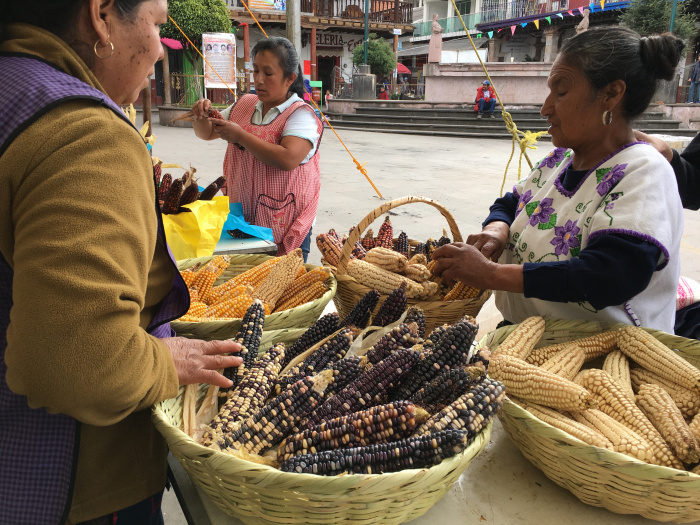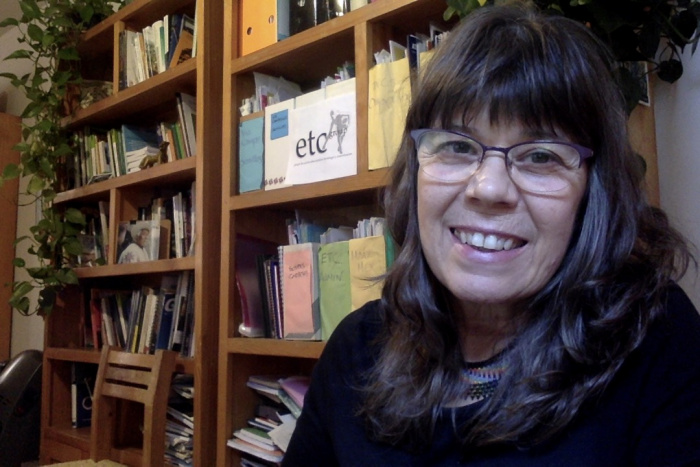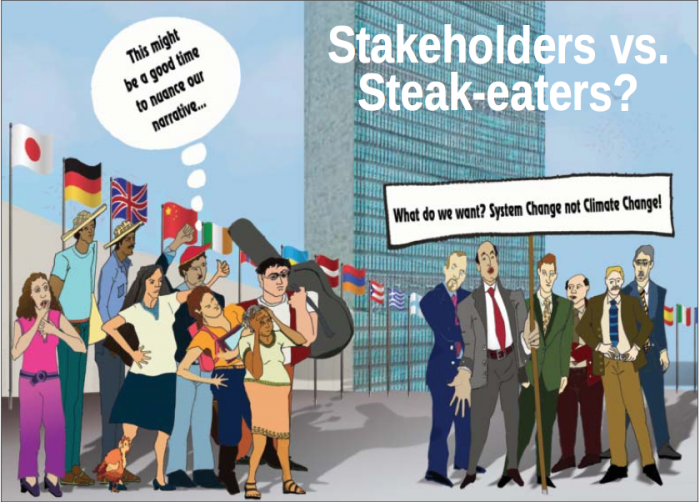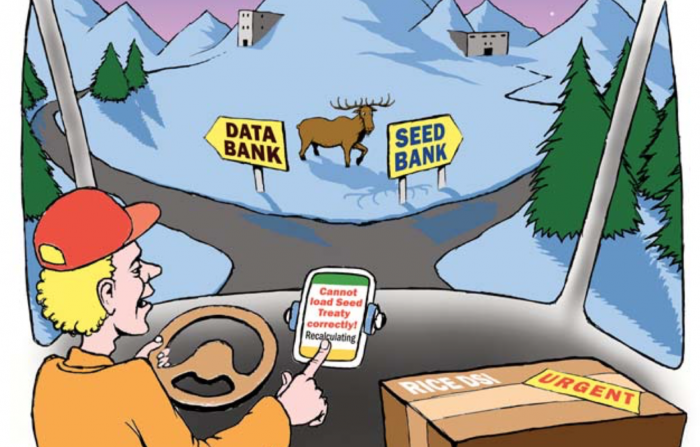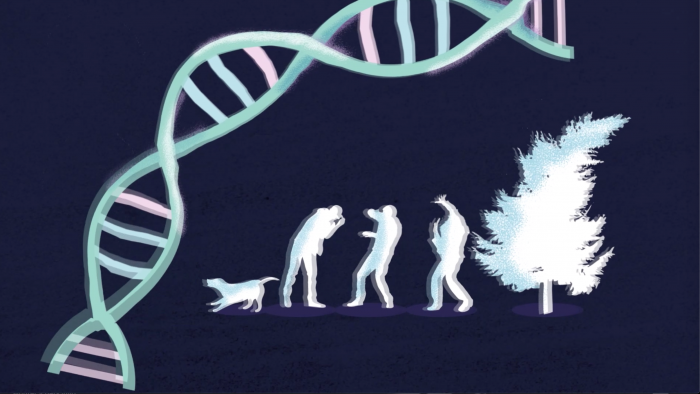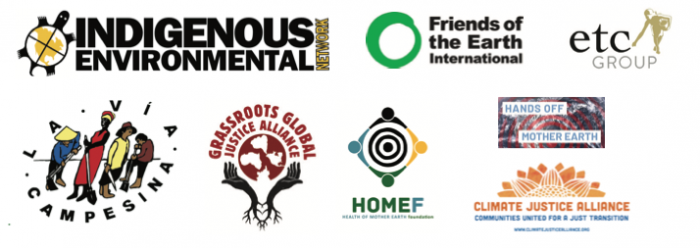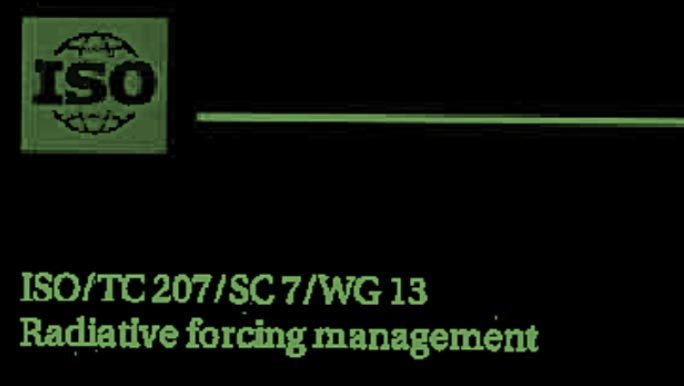The Emergency is the Disease, not the Symptom: Video
Submitted by Dru Oja Jay on
Interviewed on March 27, 2020, ETC Group's Gopal Dayaneni describes the use of "climate emergency" framing to justify geoengineering, and how our political imagination will determine the outcome. Gopal's commentary is in response to a question about the climate emergency framing, and how it is being used to justify previously unthinkable and unproven geoengineering methods.


